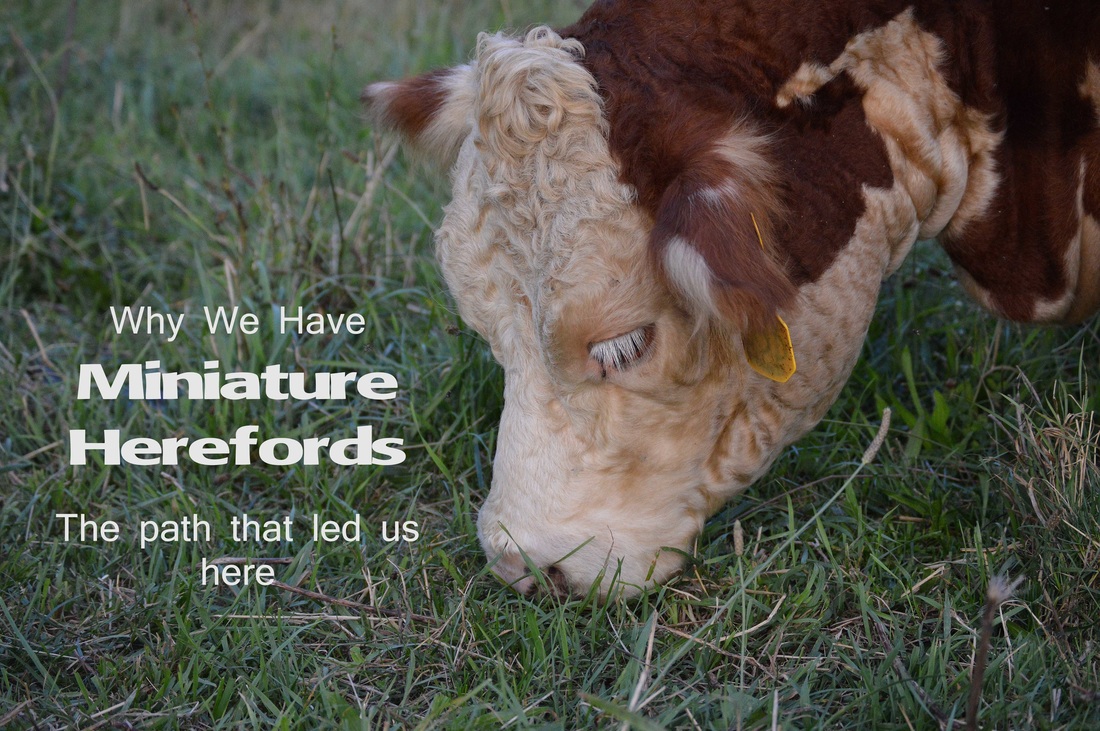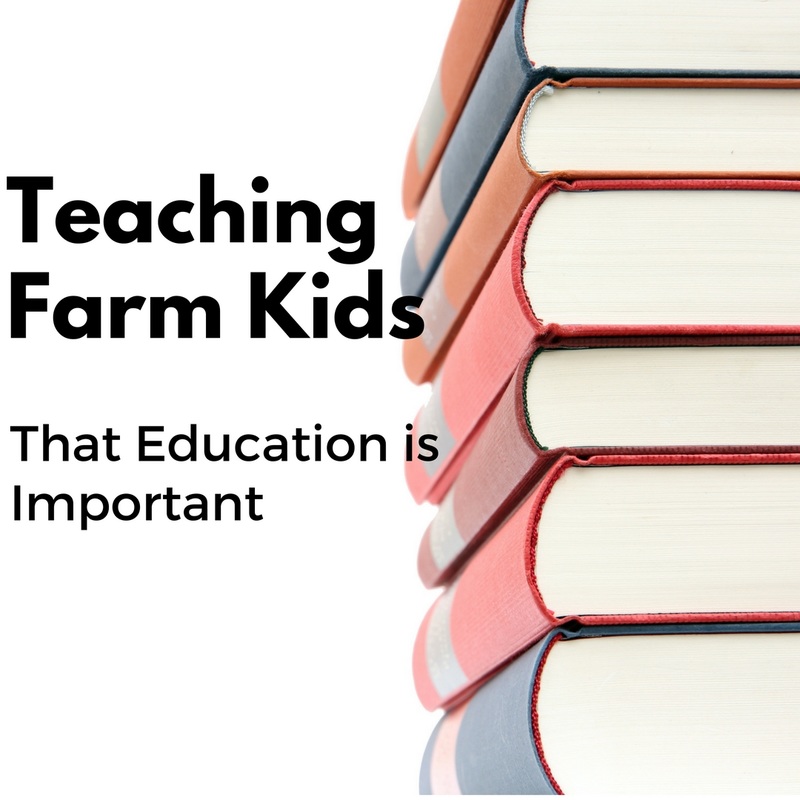|
I have been thinking a lot about all the attention cows have been getting in the media lately. Unfortunately, it hasn't been much positive attention. From cow farts causing global warming to printing 3-D steaks, it feels like cows and those that raise cows are getting a lot of negative attention. It is also painfully obvious that what is front and center in the news is not always the most accurate information. There is always more to the story. I think that one of the big issues is people don't know where to get the other side of the story. From overhearing some of my kids remote learning classes this year, I am all too aware that the top Google search is the information that is presented and believed by many. As someone who raises cattle, I am obviously slanted toward the side that cows are good for the environment and our health. It is also my responsibility to help others understand the other side of the story. This past week we received a junk e-mail from a celebrity that promotes a health product. This e-mail asked for us to respond to whether we would eat 3-D steaks...because after all printing steaks is the way of the future. One of the points they were trying to make is that fake meat is better for the environment. But, I beg to differ. Cattle are natural upcyclers and recyclers. Cattle graze on forages that are not edible to humans and in turn create food edible for humans. As cows are digesting these inedible forages, they poop out glorious fertilizer (yes, I say poop is glorious because it is like liquid gold to farmers). Yes, free fertilizer that is deposited back onto the pasture so that the soil can absorb the nutrients and minerals to then grow more grass. Nutrient enriched soil grows better grass, which grows stronger roots, which helps to control erosion. Oh...and the nutrient enriched soil grows more nutrient enriched grass which the cows eat and convert into more nutrient enriched steaks. Grain fed cattle are consuming many waste products that are not consumable to humans. Some examples are corn stalks, cotton seed hulls and distillers grains. All items you will not see in the grocery store and would normally be discarded. Ninety percent of the grain fed to U.S. cattle is made up of human-inedible products. This doesn't mean that we are feeding junk to our animals, it just means that cattle's digestive systems are able to absorb nutrients from products that humans cannot. These are just a few examples of how cattle are good for the environment. So how do we get our message out? First of all, we have to educate ourselves. Get the facts so you can educate others. The Beef Checkoff program has some great information and resources to promote the benefits of beef. Beefresource.org is another great source of information. They have fact sheets on many different topics. Beef It's What's for Dinner not only has some great recipes, but also some great articles and videos about how farmers and ranchers are working with the environment to produce beef. Be willing to speak up. That can be a scary thing, especially in today's world, but don't let the loud voices intimidate you. As Dr. Seuss says, "unless someone like you cares a whole awful lot, nothing is going to get better. It's not." As farmers and ranchers, we have the responsibility to not only promote our products and the way we raise our animals, but to shout it from the rooftops. If you and I don't educate on the benefits of eating real beef, then our voices are going to get drowned out. Take a stand, let your voice be heard, take good care of your cattle, be an educated and respectful advocate for the cattle industry and change the world one conversation at a time. You might also like...
0 Comments
Leave a Reply. |
Let's Connect
AuthorHello! I am Heather... the city girl turned mom to manure loving country boys. My husband and I both grew up in the city, but spent weekends visiting grandparents in the country. We are first generation farmers who learn best by almost always doing things the hard way. I hope you enjoy following along with our adventures down on the farm. Archives
March 2024
Categories
All
Popular Posts |
The Cows |
The Family |
Follow Us |
Associations |

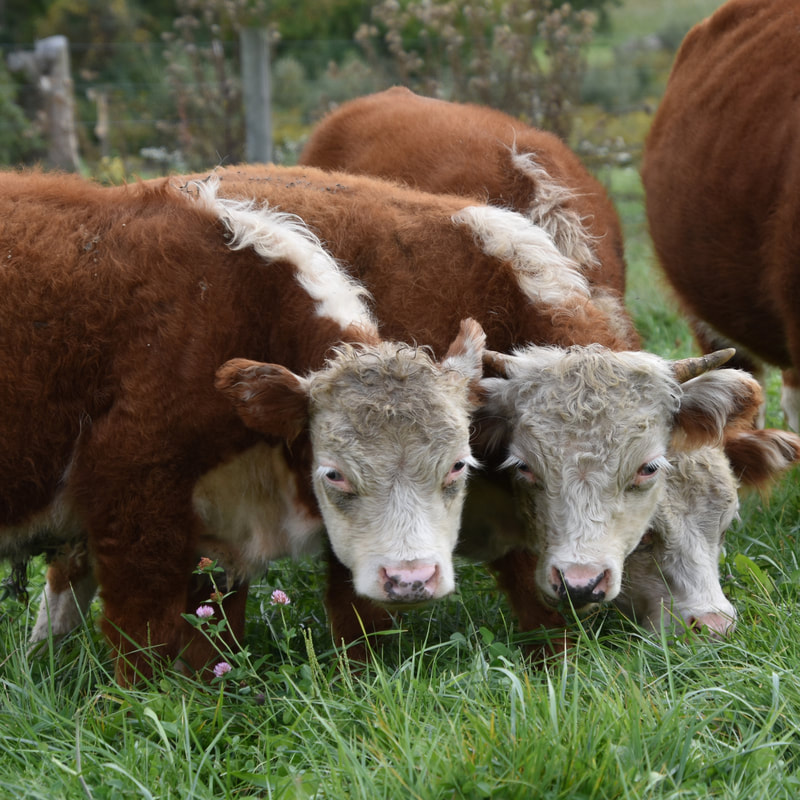
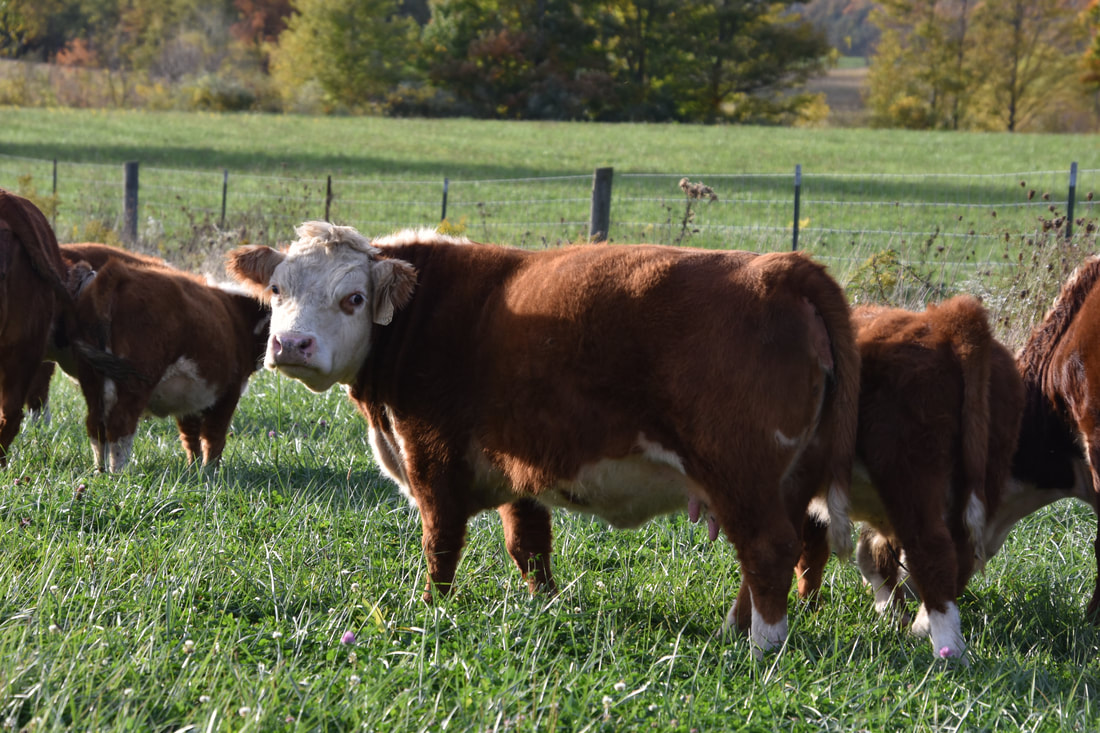
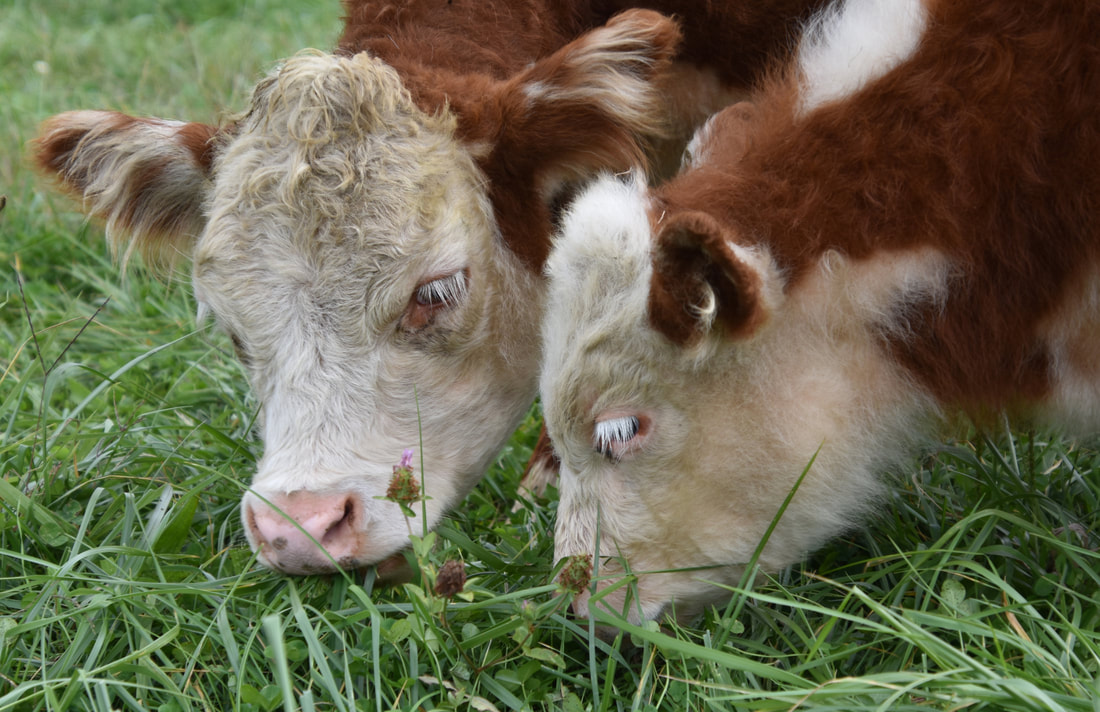
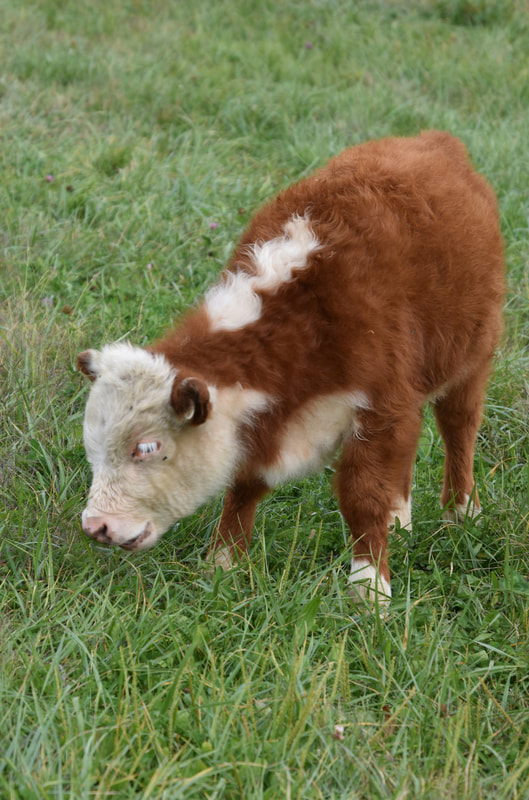
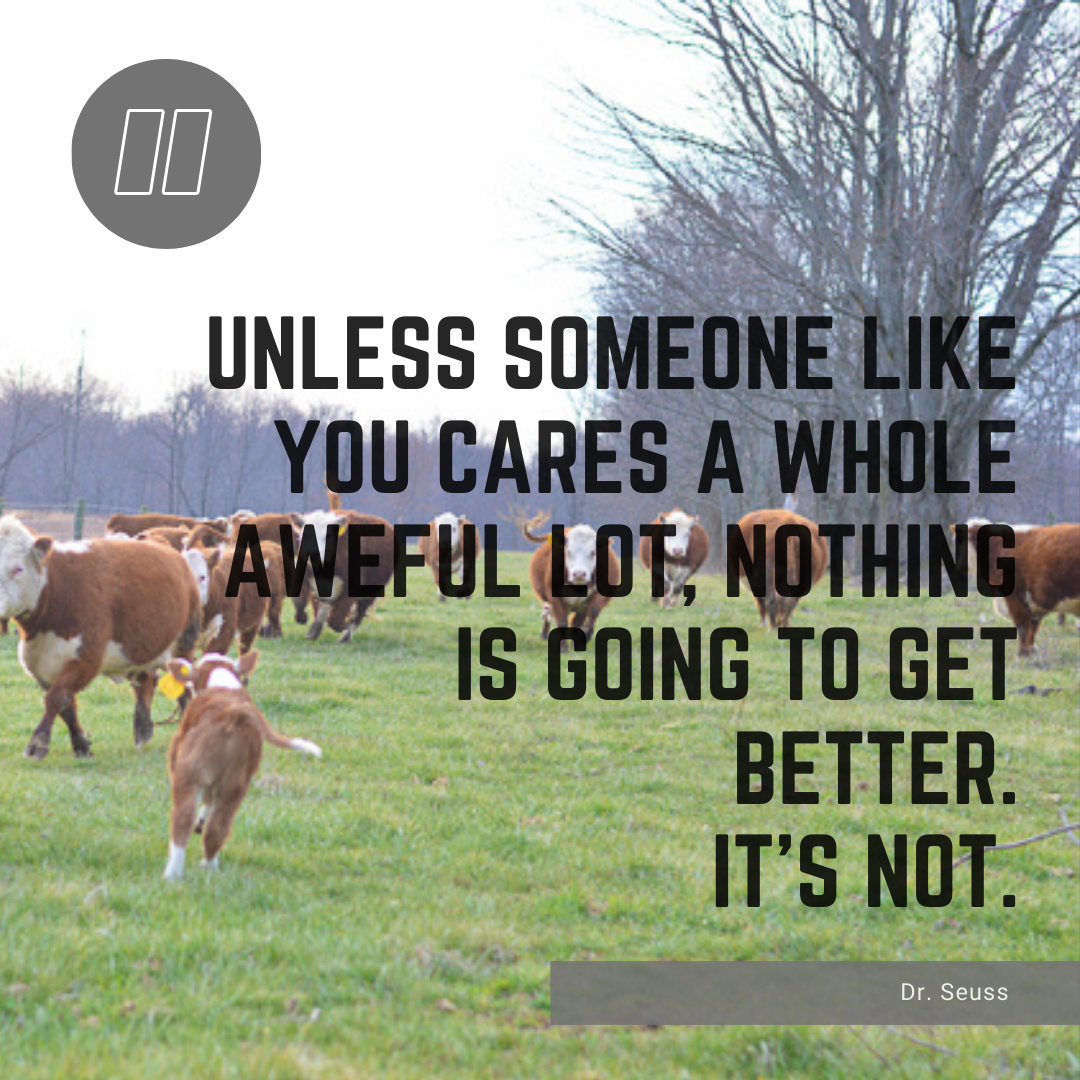
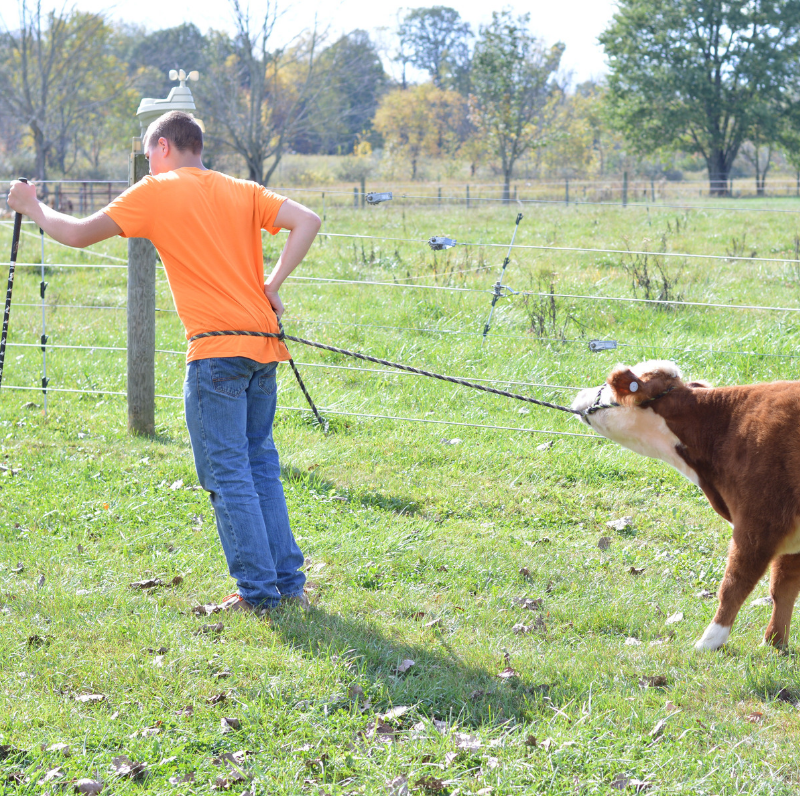

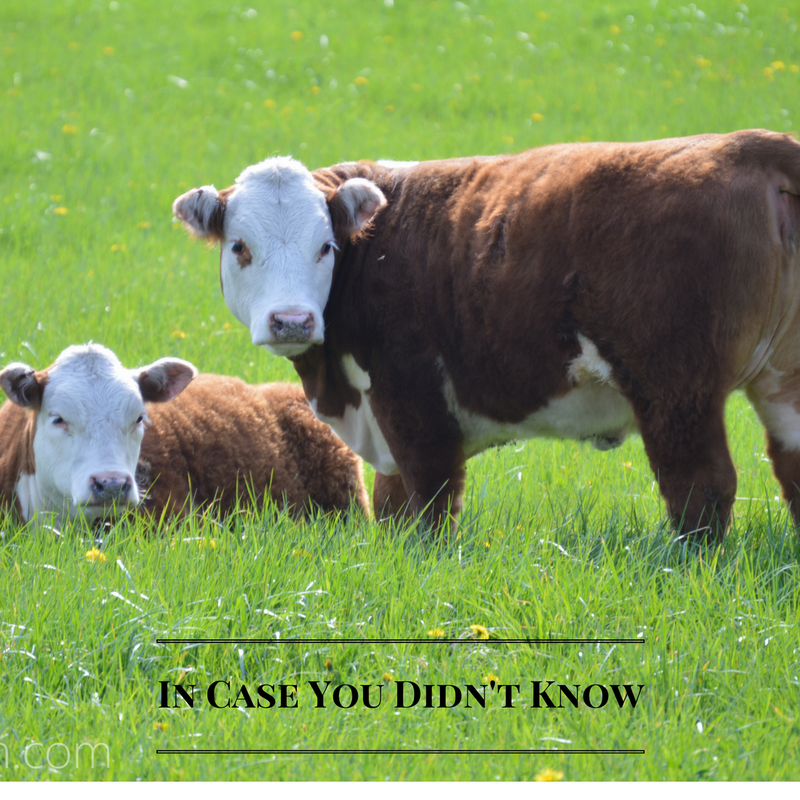

 RSS Feed
RSS Feed

